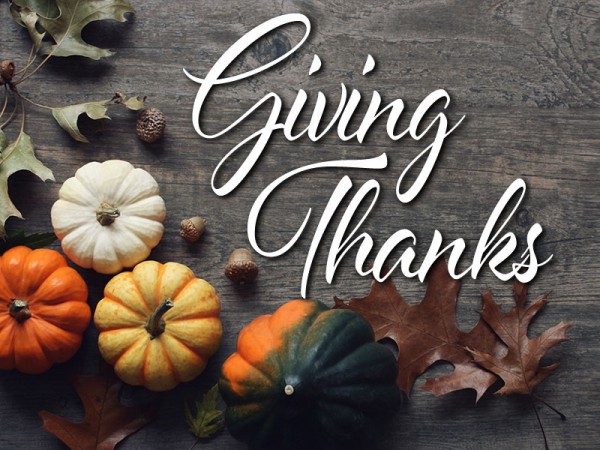Don't let the drought put a damper on your plans for a fall garden. With a little forethought and planning, you can still have a plentiful fall harvest despite the water bans.
Water bans across the state may limit the amount of water you can use outdoors, but you can still use water from indoors. If you'll collect the water you use to wash your hands and wash fruits and vegetables along with the water you waste waiting on the water to get hot, you'll have a tremendous amount of water to use in the garden.
You can also reduce the amount of water your fall garden needs by putting some extra thought into where you plant your vegetables. Non-fruiting fall vegetables like lettuce, collards, turnips and mustard greens can be grown in a shaded area where they will need much less water to grow. Pick a spot where they will receive four to five hours of sun instead of the traditional eight hours.
Beets and carrots can also be grown in shaded areas, although they do perform better in full sun. For these crops, select a spot that gets morning sun and not afternoon sun. They need the shade in the afternoon when the September sun is so hot.
Another way to reduce your fall garden's water need is to select the right crops. Collards, kale, cabbage and broccoli all have protective coatings that hold moisture in. That's why they look and feel waxy. They don't lose water and wilt easily like turnips.
If your water supply is limited this fall, avoid planting squash, snap beans, tomatoes and peppers. These fruiting plants need more water to produce. The rule of thumb with fall favorites like lettuce, tomatoes and Irish potatoes is: If you don't have water, don't plant it.
Lettuce is more than 98 percent water. Tomatoes are better than 90 percent water. And even though Irish potatoes are firm, they're still about 75 percent water. Also, the larger the plant the greater the water consumption.
Tomatoes take a lot more water than do collards. If it fruits and has leaves, it takes more water than if it just has leaves. Green beans and collard are about the same size plant, but beans need more water.
The most important water saving practice is using mulch in your garden.
You need a good three inches of mulch around your plants to keep the ground moist. There is no secret to which mulch is the best. All mulches work, and the best one to use is the one that cost the least.
Billy Skaggs, Agricultural Agent
Hall County Extension Coordinator
734 East Crescent Drive
Gainesville, GA 30501
Phone:(770)531-6988
Fax: (770)531-3994
Email: [email protected]
Monday
August 4th, 2025
8:28AM











